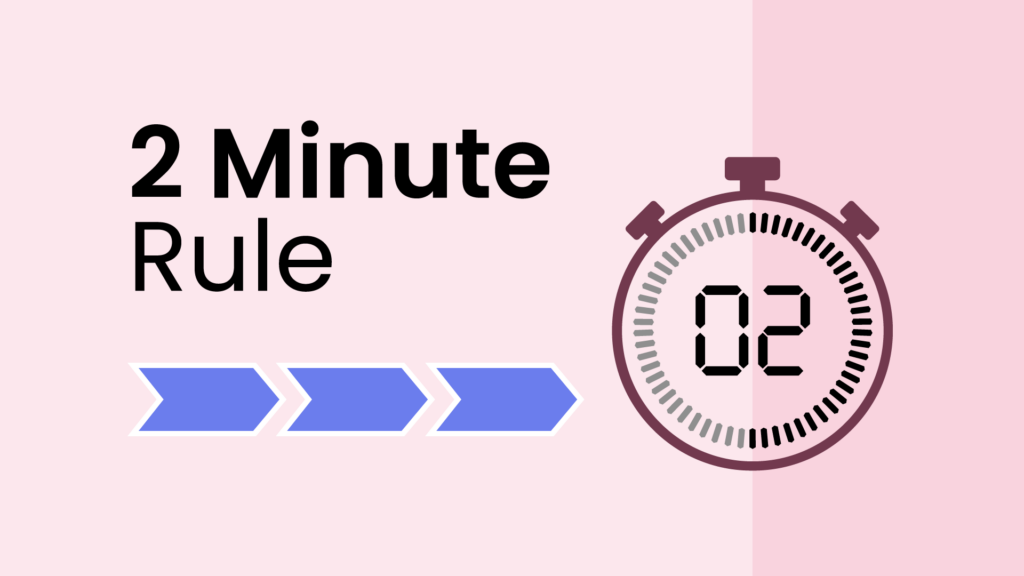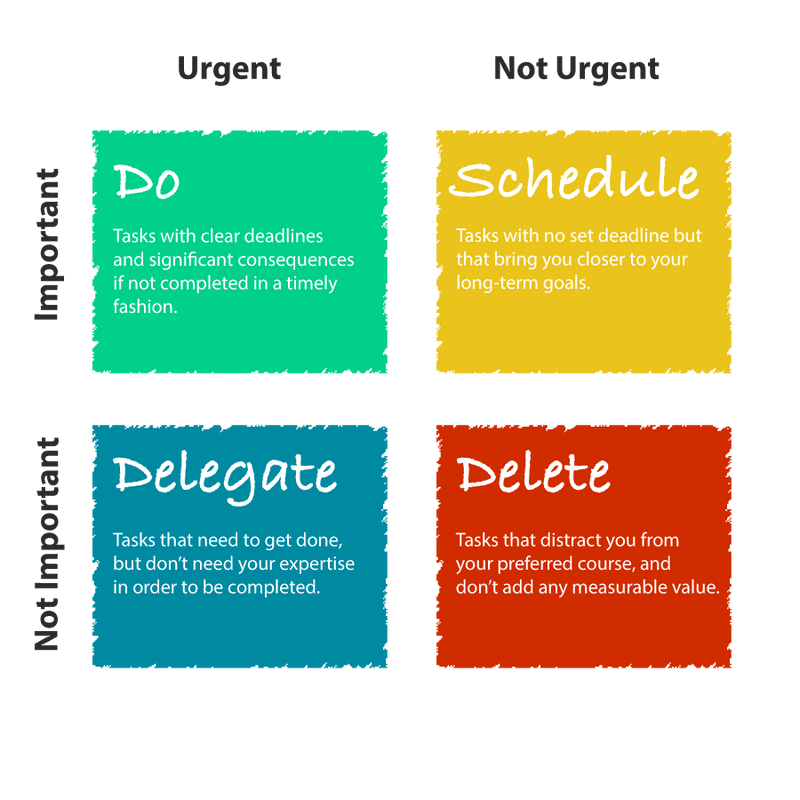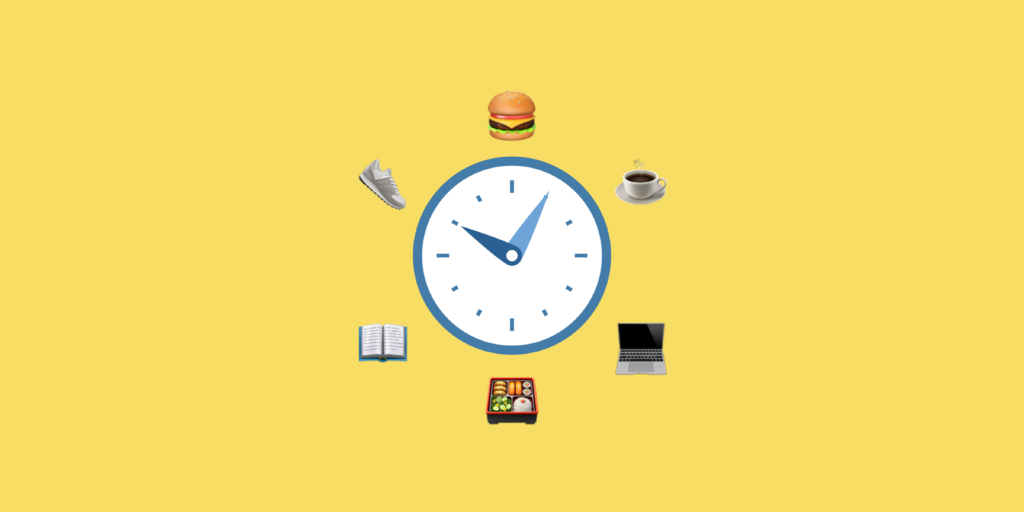
We’ve all been there. You have a deadline looming, a project to complete, or a task you know you should start, but instead, you find yourself scrolling through social media, cleaning your desk for the third time, or binge-watching yet another show. Procrastination is a common struggle, but it doesn’t have to control your life. Here are some practical strategies to help you overcome procrastination and get things done.
1. Understand Why You Procrastinate
Before you can tackle procrastination, you need to understand why it happens. Common reasons include:
- Fear of failure or perfectionism
- Feeling overwhelmed by the size or complexity of a task
- Lack of motivation or interest
- Poor time management skills
- Distractions or lack of focus
Once you identify the root cause, you can address it more effectively.
2. Break Tasks into Smaller Steps
One of the biggest reasons people procrastinate is because a task feels too big or overwhelming. Break it down into smaller, more manageable steps. For example, instead of “write a report,” break it into:
- Research the topic
- Create an outline
- Write the introduction
- Draft the main sections
- Edit and finalize
Small steps make the task feel less daunting and help you build momentum.
3. Use the “Two-Minute Rule”
If a task takes less than two minutes, do it immediately. This simple rule helps you tackle small tasks before they pile up. It also creates a sense of accomplishment, which can motivate you to tackle bigger tasks.

4. Set Clear Goals and Deadlines

Vague goals like “work on the project” are easy to ignore. Instead, set specific, measurable goals with clear deadlines. For example:
- Write 500 words by 3 PM today.
- Complete the first draft by Friday.
Deadlines create a sense of urgency and help you stay on track.
5. Prioritize with the Eisenhower Matrix
Not all tasks are created equal. Use the Eisenhower Matrix to prioritize:

- Urgent and Important: Do these tasks first.
- Important but Not Urgent: Schedule these for later.
- Urgent but Not Important: Delegate if possible.
- Not Urgent and Not Important: Eliminate or minimize these.
Focusing on what truly matters helps you avoid wasting time on low-priority tasks.
6. Eliminate Distractions
Identify what distracts you the most—whether it’s your phone, social media, or a noisy environment—and take steps to minimize those distractions. For example:
- Use apps like Freedom or StayFocusd to block distracting websites.
- Set your phone to “Do Not Disturb” mode.
- Work in a quiet, clutter-free space.
7. Use the Pomodoro Technique
The Pomodoro Technique is a time management method that can help you stay focused:

- Set a timer for 25 minutes and work on a task.
- Take a 5-minute break when the timer goes off.
- After four cycles, take a longer break (15–30 minutes).
This technique helps you stay productive while avoiding burnout.
8. Reward Yourself
Give yourself something to look forward to after completing a task. For example:
- Treat yourself to a snack or a cup of coffee.
- Take a short walk or watch an episode of your favorite show.
- Celebrate small wins to stay motivated.
9. Practice Self-Compassion
Be kind to yourself when you procrastinate. Beating yourself up only adds stress and makes it harder to get started. Instead, acknowledge the delay, refocus, and take one small step forward.

10. Build a Routine
Consistency is key to overcoming procrastination. Create a daily or weekly routine that includes dedicated time for work, breaks, and relaxation. Over time, this routine will become a habit, making it easier to stay on track.

11. Visualize the End Result
When you’re tempted to procrastinate, remind yourself why the task matters. Visualize the positive outcomes of completing it—whether it’s a sense of accomplishment, a promotion, or simply less stress. This can help you stay motivated.
12. Seek Accountability
Share your goals with a friend, family member, or colleague who can hold you accountable. Knowing someone is checking in on your progress can motivate you to stay on track.
13. Reflect and Adjust
At the end of each day or week, reflect on what worked and what didn’t. Adjust your strategies as needed. Overcoming procrastination is an ongoing process, and it’s okay to experiment with different approaches.

Final Thoughts
Procrastination is a habit, and like any habit, it can be broken. By understanding why you procrastinate and implementing these strategies, you can take control of your time and productivity. Remember, progress is more important than perfection. Start small, stay consistent, and celebrate your wins along the way.
Call to Action: What’s your biggest procrastination challenge? Share your thoughts in the comments below, and let’s support each other in staying productive! If you found these tips helpful, don’t forget to share this post with someone who might need it.